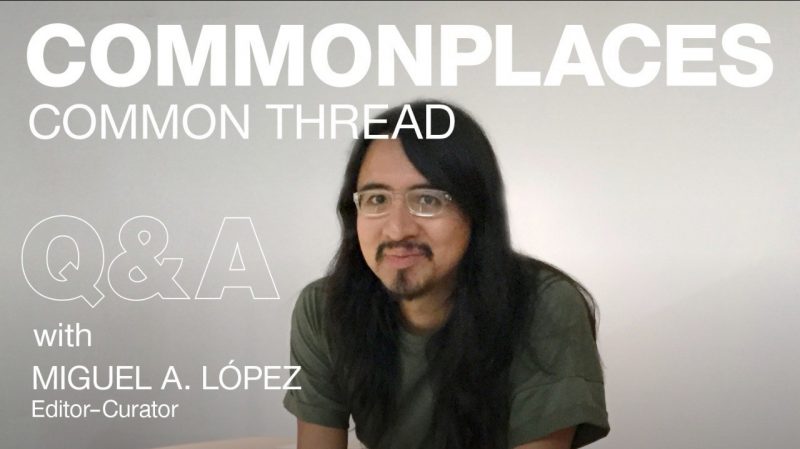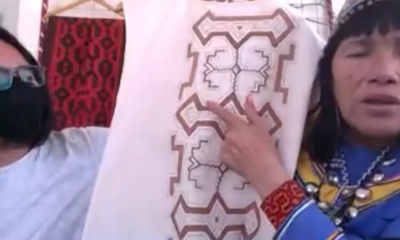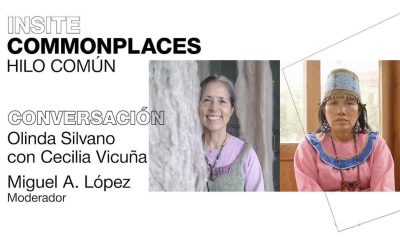Common Thread (Peru)
2021-2023
/ Guest Editor-Curator
Miguel A. López (Peru) is a writer, researcher, and was recently Co-Director and Chief Curator of TEOR/éTica in San José, Costa Rica.
Artists
Silvano Olinda and Shinan Imabo, a collective of artisan mothers from the Shipibo community of Cantagallo in Lima, Peru.
Salomé Buenapico Silvano
_
Soraida Cumapa
_
Doris Gómez
_
Dora Inuma
_
Wilma Maynas
_
Cecilia Meléndez
_
Edelmira Mori
_
Fenicia Betsabé Mori
_
Juana Nunta (Tita Rona)
_
Karina Pacaya
_
Claudia Pacaya
_
Rosa Pinedo (Miluska)
_
Delia Pizarro
_
Metsa Rama
_
Juana Reátegui
_
Betty Reátegui Cruz
_
Silvia Ricopa
_
Michita Sampayo
_
Cordelia Sánchez
_
Olinda Silvano
_
Lucy Silvano
_
Sadith Silvano
_
Jessica Silvano (Nete Bena)
_
Zaida Silvano
_
Nelda Silvano
_
Inés Sinuiri
_
Isolina Tananta
_
Emilia Teco
_
Priscila Vásquez
_
Dely Zabaleta
Acknowledgments
Patrons
International Community Foundation (ICF), San Diego
Lucille & Ron Neeley (La Atalaya Foundation)
INSITERS
Collaborators
Centro Amazónico de Antropología y Aplicación Práctica (CAAAP), Perú [Amazonian Center of Anthropology and Practical Application]
Sandra Serrano Finetti, textile researcher and clothing designer
Gala Berger, Curatorial Associate
Internship
Mariana Muñoz





